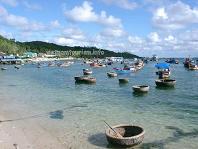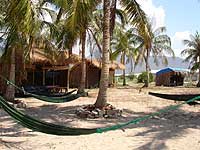Last week on Asia Calling we began the story of the Amhed family, a group of Rohingya refugees from Burma who have been living for years in a squalid camp in Bangladesh.
As we heard last week, a most unexpected lifeline has been extended to them. They have been granted asylum in the European nation of Sweden.
In part two, our reporter Ric Wasserman follows the Ahmed family as they prepare for and embark on their journey to a new life, on the other side of the world.





 Special Reports
Special Reports


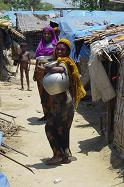



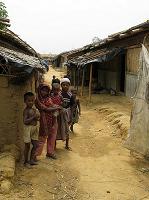

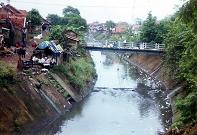 Downlaod -
Downlaod - 